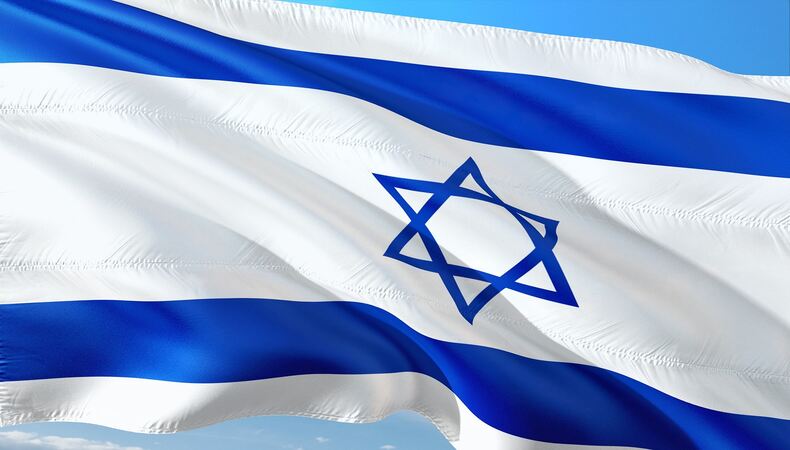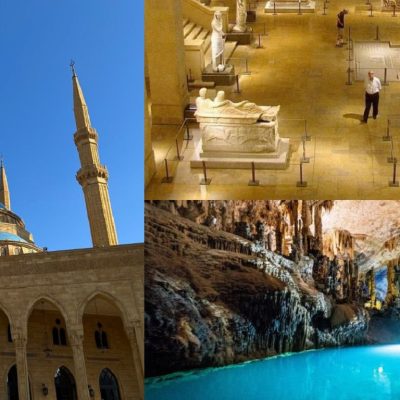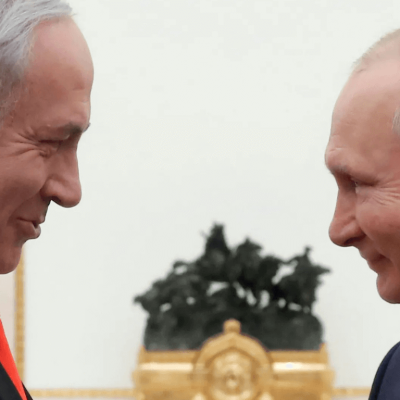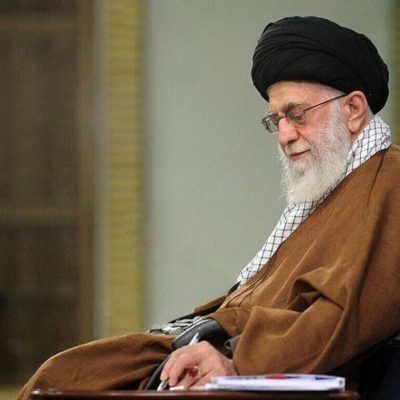Crucial Update: Intensified Conflict Between Israel and Hezbollah in Southern Lebanon

Given both sides’ continuous cross-border conflicts, tensions between Israel and Hezbollah have sharply risen. On Thursday, the Israel Defense Forces (IDF) claimed to have hit multiple Hezbollah launchers placed in southern Lebanon, supposedly ready for a future attack against Israeli land. Aiming to destroy the threat presented by around 1,000 barrels ready to be shot toward Israel, jets operated on about 100 launchers and other Hezbollah equipment according to the IDF.
Although it is yet unknown whether these strikes resulted in any casualties, the ground conditions in Lebanon are appalling. The state-run National News Agency of Lebanon verified that on Thursday night Israel carried at least 52 airstrikes in the southern part of the nation. Considered as some of the most fierce in the recent round of disputes, the nearly two-hour strikes lasted These Israeli actions followed Hezbollah’s own strikes aimed at military installations in northern Israel. Since hostilities resumed in October 2023, the exchanges have significantly raised the degree of bloodshed.
Retaliation by Hezbollah and Defiance of Nasrallah
Supported by Iran, Hezbollah, a militant organization with headquarters in Lebanon, has kept attacking across borders using anti-tank rockets and drone strikes into Israeli land. One such incident claimed two Israeli troops dead on Thursday and caused severe injuries to a third. On the same day, Hezbollah’s leader, Hassan Nasrallah, gave a broadcast speech denouncing the recent Israeli airstrikes and device explosions earlier in the week. Declaring the bombings to be “war crimes” and a “declaration of war,” Nasrallah said they clearly violated international conventions. Claiming that Israel’s activities had broken all “red lines,” he accused them of a planned massacre meant to destabilize Lebanon.
With bombs on Tuesday and Wednesday employing communication equipment including pagers and walkie-talkies, detonating across Lebanon, the attacks Nasrallah mentioned were unparalleled in scope. Along with leaving nearly 3,000 injured, these explosions claimed 37 lives. Though Israel has not formally taken responsibility for the assaults, Lebanese officials and Hezbollah have linked the bombings to Israeli forces. Though Nasrallah maintained a strong voice, saying that Hezbollah would keep on its activities unless a ceasefire in Gaza was reached, he also said that the party was not now looking for an all-out escalation with Israel.
Constant Cross-border Conflict and Displacement
The conflict has descended into a more general fight since October 2023, when Hezbollah started attacking Israeli sites following an attack by Hamas on Israel from Gaza. Tens of thousands of people have been displaced on both sides of the border and hundreds of deaths—mostly of Hezbollah fighters—have come as a result from the conflicts between Hezbollah and Israel. Originally occasional clashes, the violence has now developed into more deliberate military actions, especially in northern Israel and southern Lebanon.
With Defense Minister Yoav Gallant declaring Israel was entering a “new phase of the war,” the Israeli Defense Forces have sharpened its activities in the area. With the ultimate aim of guaranteeing the safe return of Israeli residents living in the northern areas close to the Lebanese border, Gallant underlined that the IDF was concentrating its resources on eliminating Hezbollah’s military capacity. Although the details of Israel’s long-term plan are yet unknown, sources indicate that the IDF might be thinking of creating a buffer zone in southern Lebanon to stop next strikes. If carried out, Israel’s military strategies would undergo a notable change.
Demand Restrain Among Growing Conflict
International voices have cautioned as the conflict gets more heated. Speaking from Paris where he convened with European foreign ministers, U.S. Secretary of State Antony Blinken urged moderation on all sides. Blinken underlined that any more escalation would hamper attempts to reach a ceasefire in Gaza and would cause more destabilization of the area. The whole community is still worried that the escalating intensity of the conflict may go out of hand and result in a full-scale war between Israel and Hezbollah.
Attending the conferences in Paris as well, UK Foreign Secretary David Lammy reflected Blinken’s opinions and demanded an instantaneous truce between Israel and Hezbollah. Lammy underlined the need of a political settlement to the dispute that would let Lebanese people as well as Israelis go back to their homes. The situation is still unstable and neither side seems inclined to back off.
Northern Strategy of IDF and Future Actions of Hezbollah
The IDF acknowledged in a statement on Thursday that Lt. Gen. Herzi Halevi, chief of staff, had lately authorized fresh plans for Israel’s northern front. Gallant, the Defense Minister, acknowledged that although there were possibilities, great hazards still persisted and alluded to the complexity of this new phase of the battle. Although the Israeli government makes it abundantly evident that Hezbollah’s actions will have growing repercussions, the road to long-term stability in northern Israel is not obvious.
Regarding Hezbollah, Nasrallah’s address implied that although the organization is still rebellious, it is also quite conscious of the significant toll the fighting is causing on its infrastructure and warriors. Nasrallah stated that Hezbollah’s command and communication skills are still strong in spite of the harm the Israeli strikes and device explosions produce. He promised ongoing resistance, but his rhetoric implied that until more Israeli acts in Gaza or southern Lebanon cause provocation, Hezbollah is not willing to intensify the battle beyond its present level.
International Mediation: Looking Ahead
Israel and Hezbollah firmly established in their positions makes a peaceful settlement seem far off. Still, the participation of important global players like the United States and European nations might be quite important in promoting a truce. The stability of the area teeters as the war moves into an even more perilous phase; a larger regional conflict is always just waiting to strike.
The course of the conflict will be greatly shaped in the next few weeks as the international community keeps advocating diplomatic interventions. But the deep-rooted resentment and intricate alliances under action in this protracted battle will make any kind of settlement difficult.




